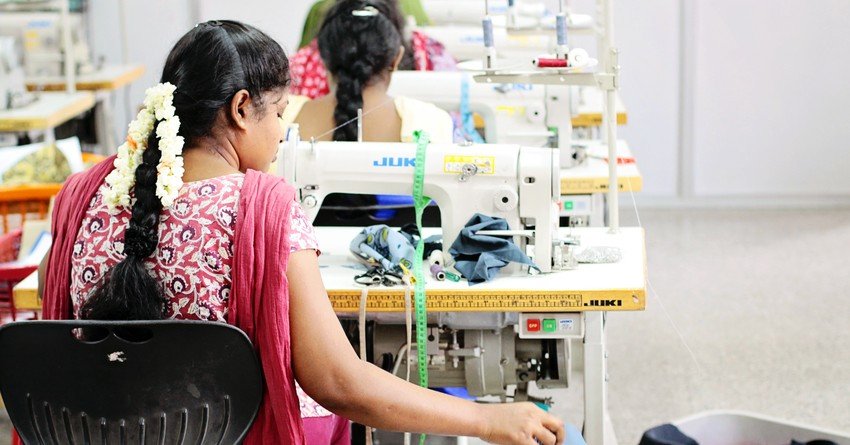Social enterprises and supply chains: Why companies can’t outsource responsibility

Up until very recently, business procurement was focused on two things: minimising costs and risk. Encouragingly, today it’s also about sustainability and corporate social responsibility.
According to an MIT Sloan study, 70 per cent of companies around the world have made sustainability a top priority. And procurement is leading the way in driving it through new models of operating. Models that protect the environment, support local communities, uphold the human rights of workers and provide visibility into the supply chain.
Gaining a conscience
More and more people are choosing to purchase to their values. Labels such as ‘not tested on animals’, ‘fairtrade’, ‘100% biodegradable’, and ‘BPA free’ are now commonplace. Research from Nielsen shows that about two-thirds of consumers are willing to pay more for products and services from companies that are committed to positive social and environmental impact. Another study by Cone Communications found that nine in 10 consumers expect companies to not only make a profit, but also operate responsibly to address social and environmental issues.
Companies across Asia Pacific are listening and turning to modern solutions to make sure they do well for their companies while also doing good.
Social enterprise
In Christchurch late last month, more than 100 delegates took part in Working on Purpose as part of the Social Enterprise World Forum 2017. Organised by global software provider SAP, and social enterprise development foundation ?kina Foundation, the event brought together leaders across the corporate, social enterprise and public sectors. Participants discussed and workshopped opportunities in social procurement, skilled volunteering and social impact measurement.
In calling for New Zealand’s private and public sectors to take positive action towards a more socially, economically and environmentally responsible society, the words of Peter Holbrook, CEO of Social Enterprise UK, struck a salient chord:
“The solution to these wide-scale problems cannot be more aid. Philanthropy alone is not the answer. The global community is moving into an era of hybridisation where not-for-profits are becoming more business-like, governments are becoming more entrepreneurial, and the private sector is very strongly considering the social impacts of their actions.”
Holbrook referenced the UK Government’s Public Services (Social Value) Act 2012 which requires those who commission public services to consider how they can also secure wider social, economic and environmental benefits.
The Honourable Alfred Ngaro, Member of the New Zealand Parliament and Minister for the Community and Voluntary Sector, told the forum that the challenge for purpose-driven organisations was to channel compassion and intent to make a measurable difference. And procurement can take a lead role in driving this.
Social procurement and business networks
The reality of the global connected economy is that Kiwi companies are outsourcing more of their business to third parties and often these suppliers are overseas. But just because they outsource these activities doesn’t mean they can also outsource their responsibility.
Social procurement comes with challenges. A procurement function that wants to have a social impact can struggle to connect the dots. Much of that struggle comes down to a lack of transparency into what goes on with their suppliers and even being aware of which suppliers to target.
This is where networks come into play. Just as social networks allow consumers to shop, share and consume, business networks give companies the transparency and insights into supply chains so they can act in ethically responsible ways.
Take SAP’s Ariba Network. The system leverages historical and real-time purchasing data and supplier intelligence along with applications for data analysis delivered on the network. The network further pulls data and services from third parties like Made in a Free World. The end product is a robust online procurement network that can shine a light on the materials, regions and suppliers that are most likely to have forced labour and take action to combat it.
Through a link between SAP Ariba Discovery, a global business matching service, and the ConnXus Database, buyers can tap a wider pool of diverse businesses and encourage global supply chains that are more responsible, sustainable and inclusive.
More than 2.8 million companies – including over half a million in Asia Pacific – are connected to the Ariba Network, and use it to conduct nearly US$1 trillion in commerce. Collectively, these companies have the buying power to ensure that suppliers provide transparency and fair practices across their sub-tier supply chains.
An increasing number of companies are choosing to make a difference – not just for their companies, but for the communities they operate in and serve.
- Ben Redwine is the general manager of SAP Ariba, Asia Pacific Japan.




